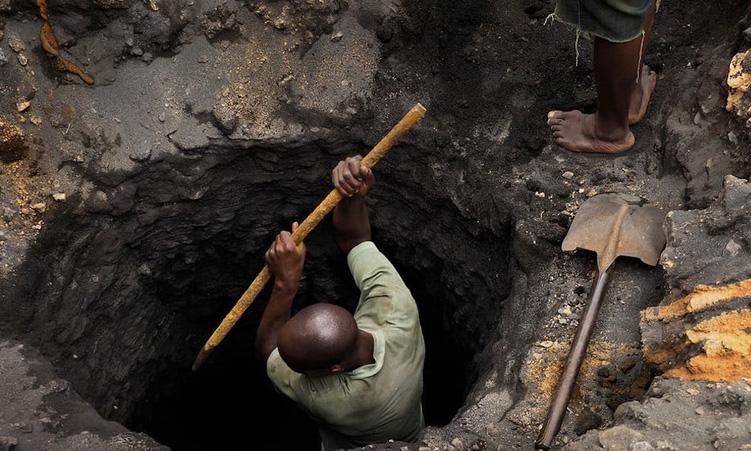‘MORE work remains to be done’ on the negotiations on an Economic Partnership Agreement (EPA) between Namibia and the European Union (EU), President Hifikepunye Pohamba has stressed.
During his State of the Nation Address last Wednesday, President Pohamba said: ‘We will continue to engage with our partners such as the EU while insisting on, and highlighting the tremendous strategic and economic consequences that such agreements can have on smaller economies such as Namibia.’
At the end of 2007, Namibia agreed to only provisionally initial the interim EPA so that local beef, fish and table grapes could continue its tariff-free access to the EU market.
The President mentioned the EPAs, saying Government has made export promotion and the development of new markets a central component of the country’s growth strategy, given the size of Namibia’s market. Government is therefore pursuing negotiations to secure preferential market access for local goods and services through bilateral, regional and multilateral trade agreements, he said.
The EU is by far Namibia’s most important export market. According to the latest WTO data, Namibia’s exports for 2007 were about US$2,9 billion or nearly N$26 billion. Approximately 46 per cent of this was destined for EU markets. South Africa, with nearly 26 per cent, is Namibia’s second biggest export market.
President Pohamba’s comments came as concerns, locally and internationally, are growing that developing countries like Namibia will be short-changed with vital issues such as food security, protection of infant and sensitive industries and regional integration when signing the interim, and eventually final, EPAs with the EU to retain quota- and tariff-free access to their markets.
His statement also coincides with the worldwide outcry that the EU is trying to bulldoze the African-Caribbean-Pacific (ACP) countries into concluding the interim EPAs, as the EU fears a legal dispute with the World Trade Organisation (WTO) because its current trade relations with the ACP do not comply with WTO rules.
Under the Cotonou Partnership Agreement, the predecessor of EPAs, it was arranged that EPAs would be concluded by the end of 2008.
President Pohamba’s statement furthermore follows recent resolutions by the European Parliament and the ACP-EU Joint Parliamentary Assembly calling on the EU not to rush negotiations, to hear and renegotiate the concerns of the various countries, to ensure that the EPAs do not undermine regional integration, and to make sure that the agreements act in the best economic and development interest of the ACP.
EPAs and how it will affect the development rights of the ACP caught the spotlight earlier this month when Dr Maria Van Reisen addressed the issue at the fifth session of the United Nations Human Rights Council’s High-Level Task Force on the Implementation of the Right to Development in Geneva.
Dr Van Reisen of European Solidarity towards Equal Participation of People (Step), a non-governmental organisation, maintained that the EPAs ‘are more driven by the EU commercial interest, rather than creating an enabling economic environment for development’ for the ACP.
She referred to a 2007 study by international trade law expert Prof James Gathii, concluding that EPAs would result ‘at least in the short term, in huge losses in revenue and restricted access to the EU market, making it highly likely that the social and economic human rights of millions will be adversely affected’.
Dr Van Reisen cited various other studies equally concerned about whether the EPAs will meet the ACP’s development needs as promised.
She also stressed the fact that the EPAs were designed during a period of global economic growth. Implementing EPAs will come at great expense to the ACP and despite demands from various civil and parliamentary corners that additional financial resources should be included in the EPAs, this has not materialised.
‘The lack of resources for offsetting EPA-related costs and other negative impacts could seriously undermine the positive impact on development that was for or aimed at,’ Dr Van Reisen concluded.
jo-mare@namibian.com.na
Stay informed with The Namibian – your source for credible journalism. Get in-depth reporting and opinions for
only N$85 a month. Invest in journalism, invest in democracy –
Subscribe Now!










